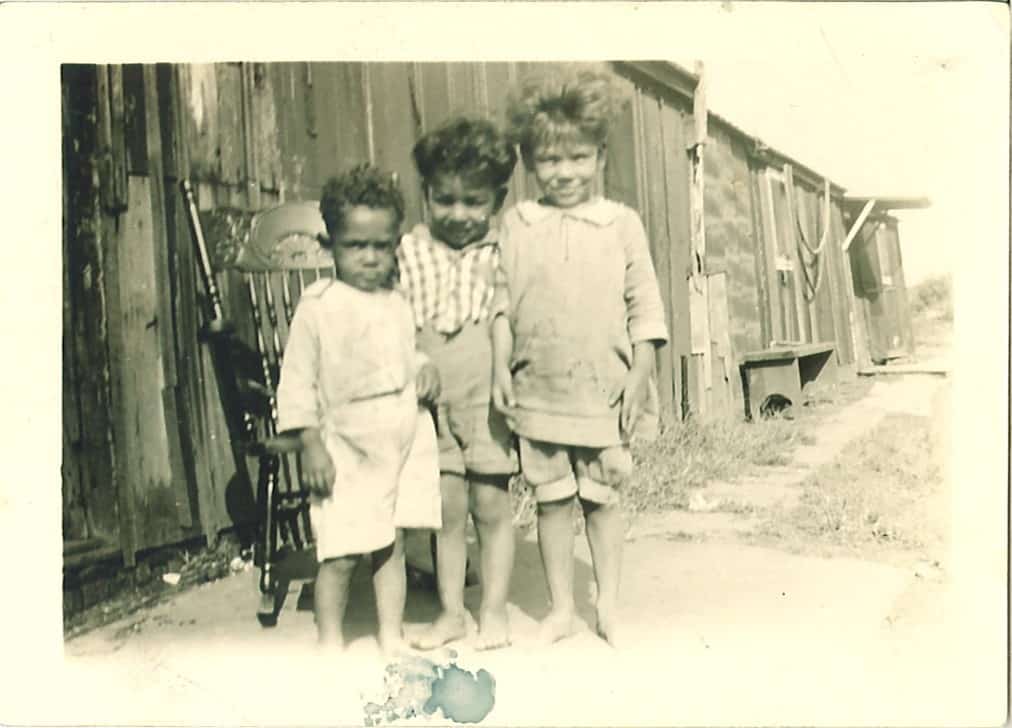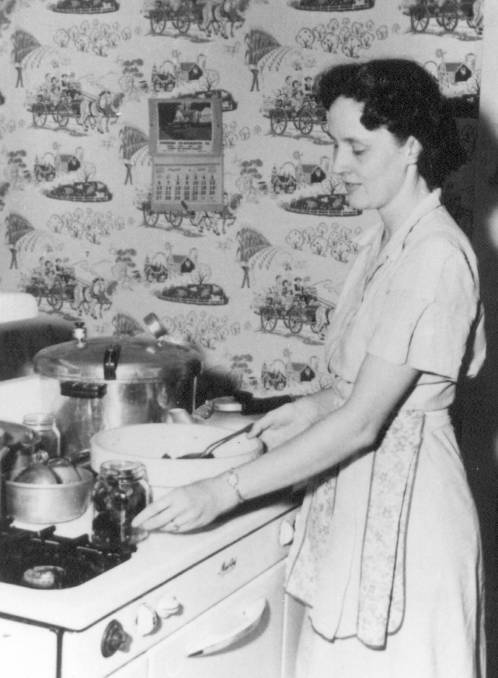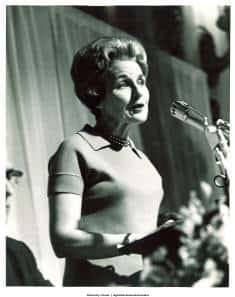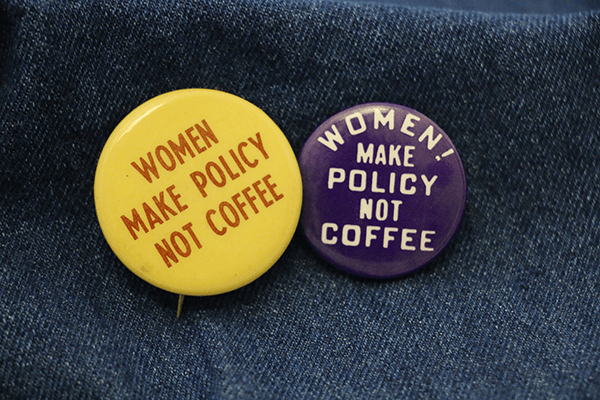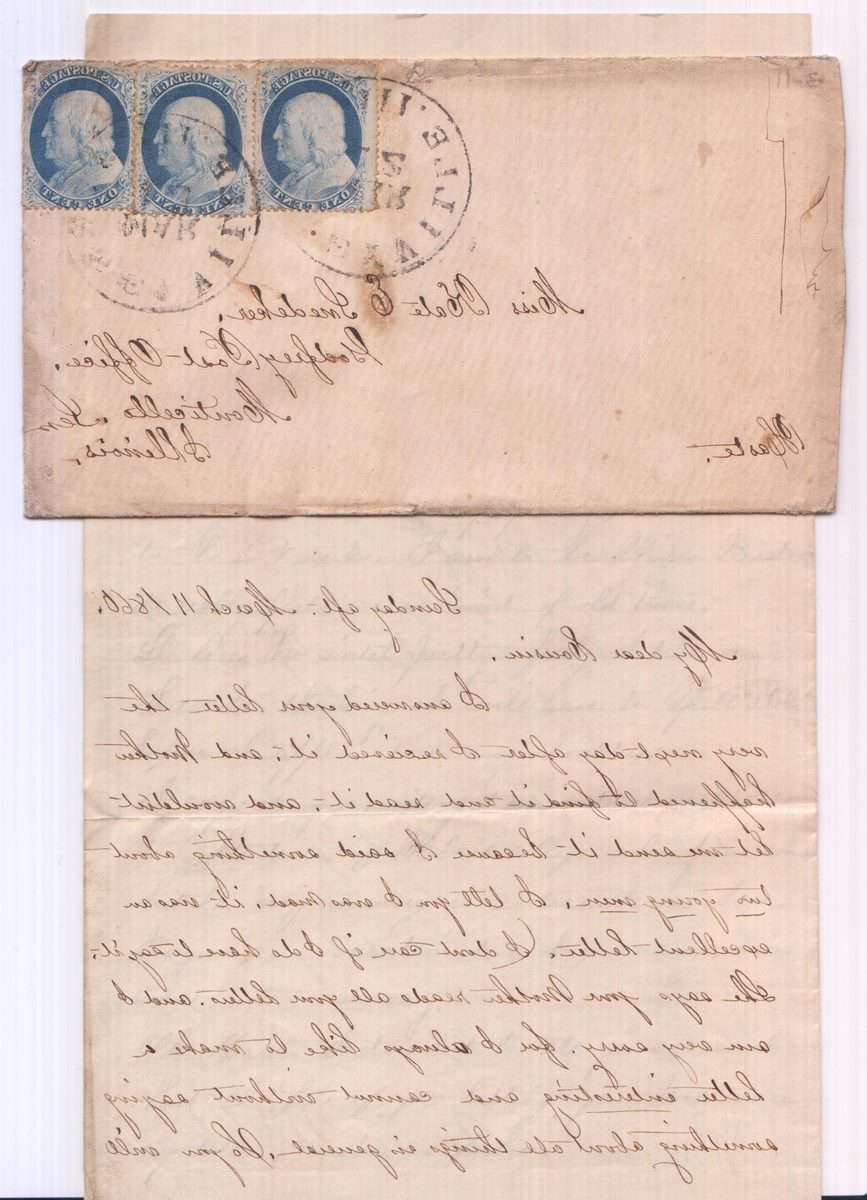Ernest and Estefania Rodriguez’s father, Norberto, migrated to the United States from the state of Jalisco, Mexico in 1910. He met their mother, Muggie Adams, an African-American woman from Alabama in Iowa. The Rodriguez family lived in Holy City, a box car community in Bettendorf, Iowa for several years, and Ernest and Estefania both workedContinue reading “25 for 25: Ernest Rodriguez and Estefania Rodriguez”
Category Archives: Exhibits
25 for 25: Evelyn Birkby
Evelyn Birkby began her decades-long careers as a radio homemaker in 1950. Her program, “Down a Country Lane,” focused on her life in rural Iowa. She continued to broadcast as a part of Kitchen-Klatter, a program with listeners in six states. She has written a weekly column for the local paper since 1949 and never missesContinue reading “25 for 25: Evelyn Birkby”
25 for 25: Mary Louise Smith
Today, at the Iowa Women’s Archives commemorate one of our founders, Mary Louise Smith! Smith was born Mary Louise Epperson on October 6th, 1914 in Eddyville, Iowa. She became involved with the Republican Party in the 1950s and quickly rose through the ranks. In 1974, just after Watergate, she was appointed as the first womanContinue reading “25 for 25: Mary Louise Smith”
25 for 25: Ruth Salzmann Becker
Ruth Salzmann Becker’s papers represent several common themes found in IWA’s collections, including Jewish women in Iowa, German immigration, and feminist activism. Elizabeth Heineman, professor and chair of the University of Iowa’s history department, has used Becker’s papers in her classes. She shared with us why she finds the Ruth Salzmann Becker papers so engaging:Continue reading “25 for 25: Ruth Salzmann Becker”
25 for 25: Catherine Snedeker Hill
The Iowa Women’s Archives is turning 25! As a part of our celebration, we’re presenting an exhibit, 25 Collections for 25 Years: Selections from the Iowa Women’s Archives, in the Main Library Gallery. Through December 29th, visitors to the library can see selections from a wide array of our collections accompanied by comments from researchersContinue reading “25 for 25: Catherine Snedeker Hill”
Migration is Beautiful Website Premieres at 2016 National LULAC Convention
July 12th was the kickoff for the 2016 National LULAC (League of United Latin American Citizens) convention. Janet, assistant curator here at the IWA, attended the conference to promote “Migration is Beautiful,” a new website featuring vignettes, oral history interview clips, memoirs, letters, and photographs from the IWA’s Mujeres Latinas Project. The new website highlightsContinue reading “Migration is Beautiful Website Premieres at 2016 National LULAC Convention”
Cards from Christmases Past
By Christine Vivian, SLIS student and IWA student assistant One of the lovely surprises of The Iowa Women’s Archives is the number of collections which contain holiday cards, such as the Shirley Briggs Papers. Briggs, an artist and naturalist, created a new hand-drawn card every year for over 50 years. Receiving one of theseContinue reading “Cards from Christmases Past”
About our exhibition “Pathways to Iowa”
In honor of the 20th anniversary of the Iowa Women’s Archives, we have mounted an exhibit in the North Exhibition Hall of the University of Iowa’s Main Library. The inspiration for this exhibit came from the many visits made to the archives by families and friends of donors. Earlier this year, Sam Becker broughtContinue reading “About our exhibition “Pathways to Iowa””
Pathways to Iowa: Migration Stories from the Iowa Women’s Archives
Join Iowa Women’s Archives Curator Kären Mason, Assistant Curator Janet Weaver, and faculty members Omar Valerio-Jiménez and Claire Fox for a brown-bag discussion of Latina history in Iowa at the opening of the newest exhibit at the UI Main Library. Wednesday, September 12, 2012, 12:00- 1:00 p.m. University of Iowa Main Library, North Exhibition HallContinue reading “Pathways to Iowa: Migration Stories from the Iowa Women’s Archives”
Women’s Suffrage digital collection unveiled
The Iowa Women’s Archives and University of Iowa Libraries marked Women’s Equality Day—August 26th—by unveiling a new digital collection documenting the decades-long campaign by Iowa women to gain the right to vote. The Women’s Suffrage in Iowa Digital Collection is the culmination of a yearlong project to select and scan photographs, letters, and other primaryContinue reading “Women’s Suffrage digital collection unveiled”
